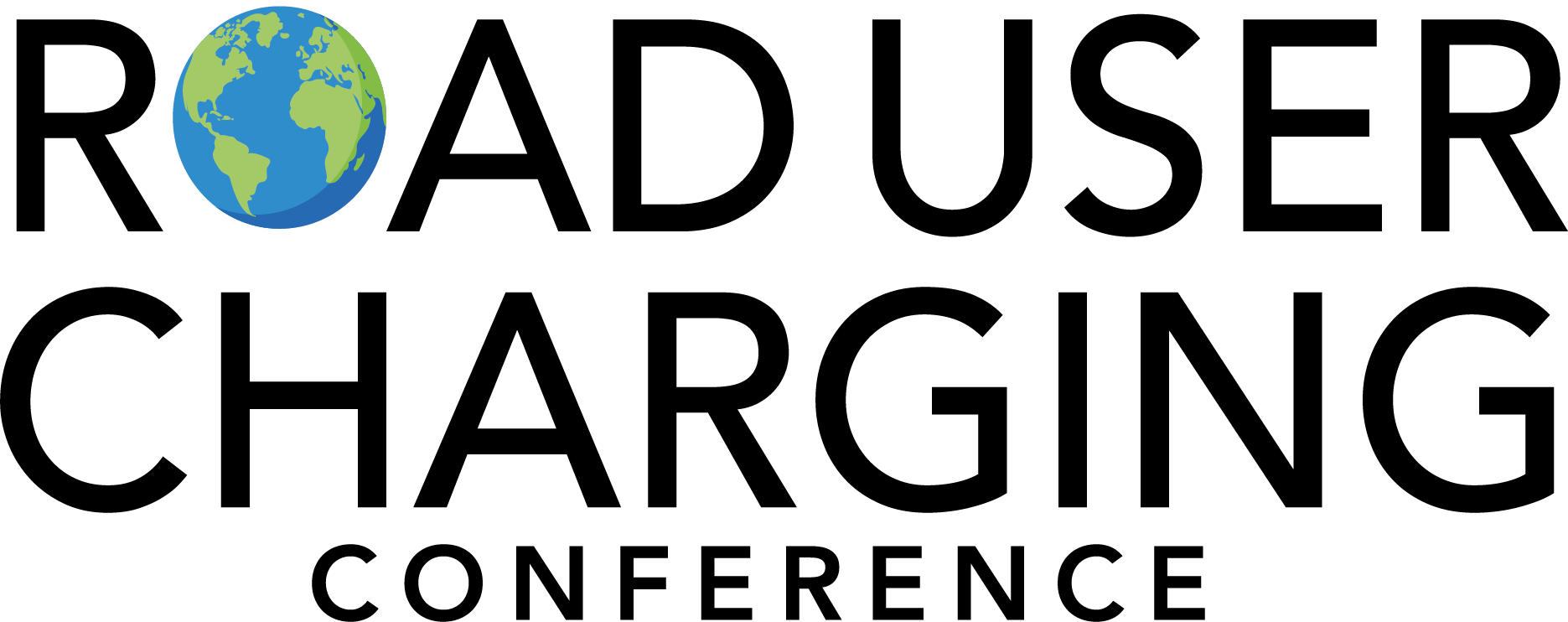-
- Understand the shift from traditional On-Board Units (OBU) to modern OEM In-Vehicle Telematics
- Insight into the future of Tolling technologies, high-powered in-vehicle computers in modern trucks,
- Learning about the benefits of advanced tolling solutions, including enhanced efficiency, reduced hardware dependency, and streamlined road user charging processes.

-
- Willingness to practically handle data
- The development on EV cars and the impact on tax
- The use of tax reform
-
-
-
Overview of Motorways of the Federation of Bosnia and Herzegovina
-
Integration and development of the electronic toll system
-
Interoperability with Republic of Srpska Motorways and future strategy

-
-
-
What are the latest RUC initiatives in the US?
- The latest news on a national pilot project and new programs for state pilots and programs
- What baseline of knowledge has been created by the pilot projects conducted so far?
.webp)
-
-
-
EU rules to vary road tolls for heavy-duty vehicles based on their CO2 emissions
-
Impact of CO2-based road tolls on TCO parity and ZEV market uptake across the EU
-
How EU countries can best implement the Eurovignette reform to help put cleaner trucks on the road

-
-
-
Vision and transformation strategy plan in context of RUC restructuring and transportation infrastructure funding
-
Experience from successful implementation of RUC for electric cars as first step of the transformation strategy
-
Communication strategy as an important factor for “transformation buy in” from different types of stakeholders (political, governmental, businesses and road user)

-
-
- Are manufacturers willing to cooperate?
- How does the public view alternative charging options?
- The future of RUC
-
- Introduction to the Danish road toll for heavy vehicles
- Pros and cons of a fully digital system
- Other lessons learned from the ongoing implementation
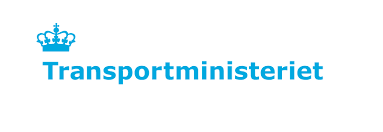
-
Lunch & Networking Break
-
-
Understanding the fundamental pillars of governance, risk and compliance (GRC) and why these pillars are crucial for the RUC industry’s success
-
Examining the broader global context and its implications for GRC practices within the industry
-
How GRC principles translate into tangible value and the impact of GRC on operational efficiency, risk mitigation and overall organisational resilience

-
-
-
Case study of the second largest road-user charging scheme in the UK
-
Objectives of Bradford's clean air zone
-
Where and how net proceeds from the clean air zone are being re-invested

-
-
Morning Networking Break
-
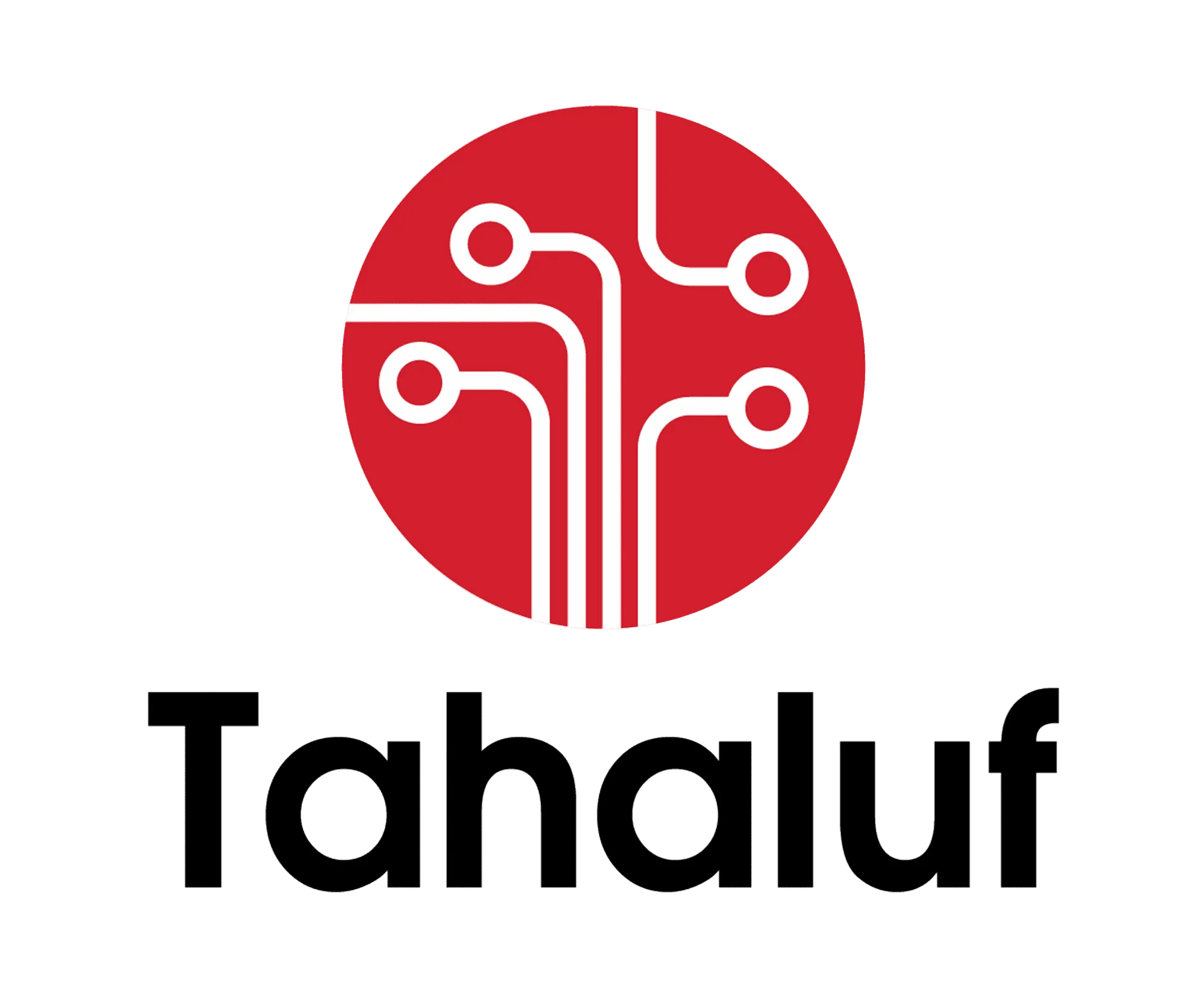
-
Understanding the impact of technology on reducing manual efforts and operational costs in road user charging systems
-
How technology can significantly improve and expedite the revenue collection process in the context of road user charging
-
Understanding the benefits behind technology integration on the decision making
-
-
-
Why analysis of OBU data from Belgium’s HGV kilometre charge is very insightful
-
How policymakers can use the results to deal with parking, congestion, road usage, etc.
-
How road freight activity can be explored in various levels of detail
.png)
-
-
- Free-flow tolling is cost efficient, time efficient and space efficient
- Free-flow tolling in Norway utilizes technically robust and reliable technology
- Free-flow tolling is for everyone, including foreign cars
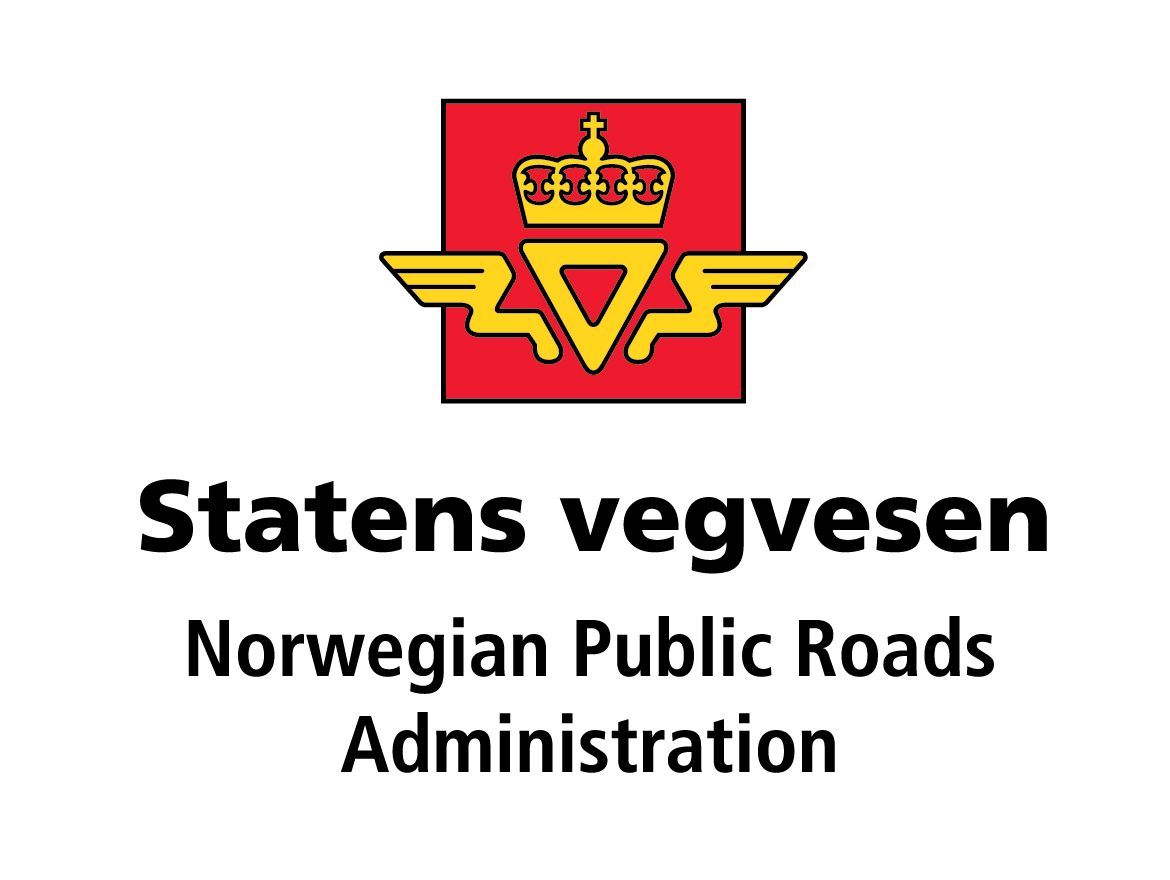
-
- General overview of the GNSS electronic toll collection system in Bulgaria
- Statistic information and analysis for the incomes since the implementation of the system in Bulgaria
- Development prospects and future plans for expanding the system with additional functionalities, including improving the road safety

-
-
-
Afternoon Networking Break
-
-
Innovative collaboration between cities and technology experts
-
Challenges and progress of C-ITS and UVAR integration
-
Future potential of C-ITS and UVAR
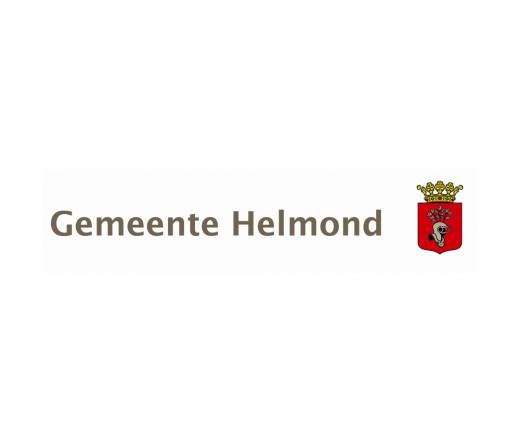
-
-
- Innovative solutions affect the design of greener toll enforcement
- AI to reduce hardware and power consumption, while maintaining high performance
- Latest toll checker generation TC5 at a glance

-
- Project milestones, phases of the implementation
- Project team organization and cooperation
- Challenges and lessons learned

-
Lunch & Networking
-
- Data protection: a privacy-by-design approach
- Requirement of a solid legal basis
- Privacy perception as a design issue
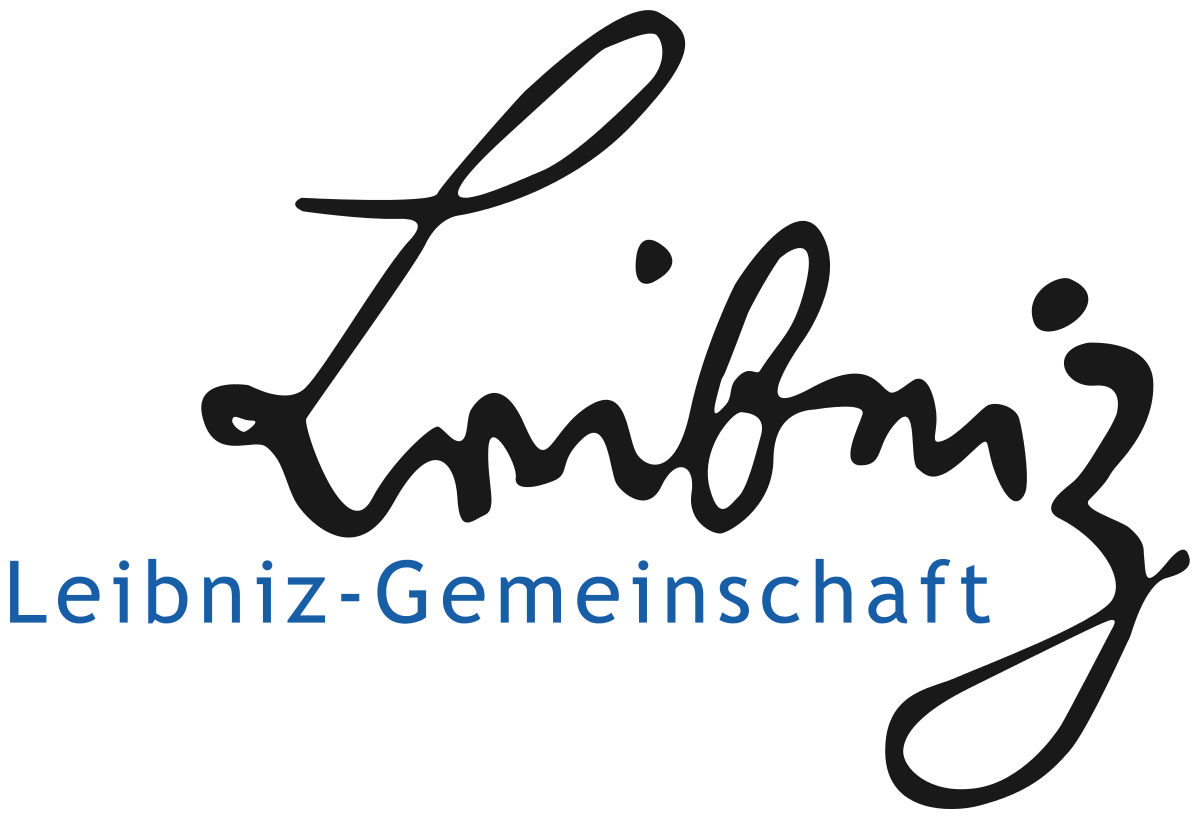
-
- Roadmap for introducing CO2 tolling in EU member states
- First experiences from introduction of CO2 based tolling in Germany and Austria
- Recommendations for successful introduction of CO2 tolling in other countries

-
- Technical implementation – challenges and opportunities
- Process adjustments
- Communication with stakeholders such as EETS providers, vehicle manufacturers and customers

-
Morning Networking Break
-
- The presentation emphasizes the importance of leveraging toll data for making informed decisions
- It demonstrates the potential of toll data in predictive analytics and explains how toll data help to enable authorities to optimize traffic management strategies
- It further illustrates how toll data provide valuable insight for road infrastructure planning and improvements
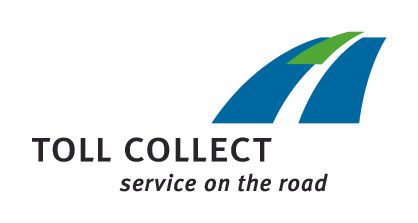
-
-
Understanding the seamless integration of road user charging within the context of smart cities
-
Exploring the contributions of technologies such as IoT and AI
-
Recognising the multifaceted impact of road user charging

-
-
- The impact a sophisticated and orchestrated fraudulent attack in eFlow’s name had on the toll service provider’s operation
- A case study of the eFlow incident response: actions the toll service provider and the authority undertook to educate and reassure the public, the external relationships and vendors they used to counter the attack
- The lessons learnt from stabilising the operations for other toll service providers
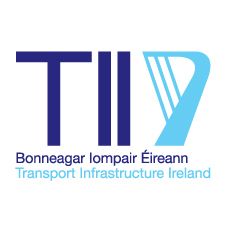
-
- Progress of tolling in the Netherlands
- Preparation and organisation of heavy goods vehicle charge and e-toll
- The Dutch design

-
- 10 years Viapass
- Exemption for zero emission trucks
- Introducing a flexible secondary system
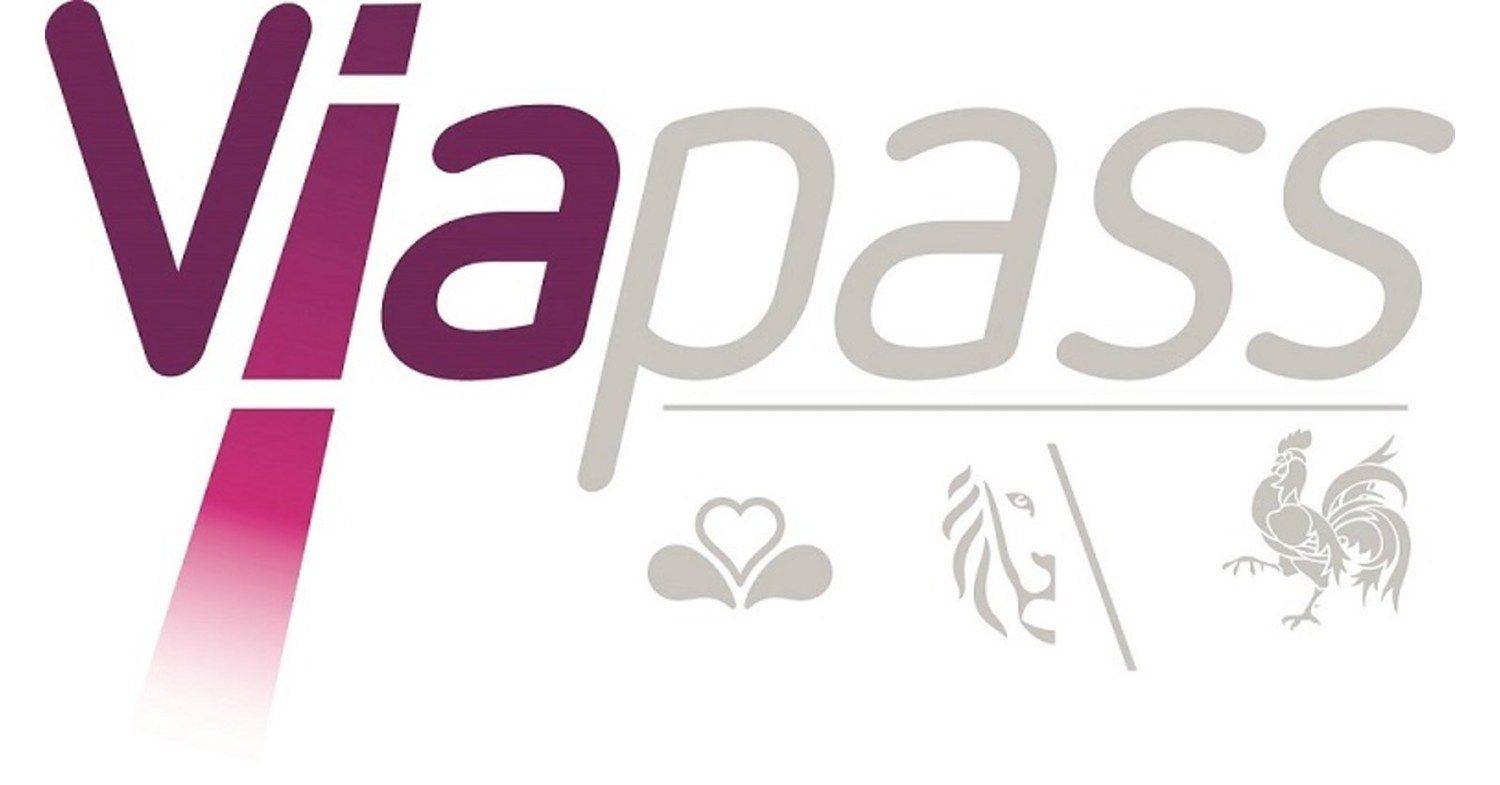
-

